Banamine Injection
Banamine Injection Solution is recommended for the alleviation of inflammation and pain associated with musculoskeletal disorders in the horse. It is also recommended for the alleviation of visceral pain associated with colic in the horse.
BANAMINE brand of flunixin meglumine is the pioneer non-steroidal anti-inflammatory drug (NSAID) approved for horses in the United States.
BANAMINE is a consistent and trusted NSAID for horses with inflammation and pain associated with musculoskeletal injuries.
Dose and Administration of Banamine Injection
The recommended dose for musculoskeletal disorders is 0.5 mg per pound (1 mL/100 lbs) of body weight once daily. Treatment may be given by intravenous injection and repeated for up to 5 days. Studies show onset of activity is within 2 hours. Peak response occurs between 12 and 16 hours and duration of activity is 24-36 hours.
The recommended dose for the alleviation of pain associated with equine colic is 0.5 mg per pound of body weight. Intravenous administration is recommended for prompt relief. Clinical studies show pain is alleviated in less than 15 minutes in many cases. Treatment may be repeated when signs of colic recur. During clinical studies approximately 10% of the horses required one or two additional treatments. The cause of colic should be determined and treated with concomitant therapy.
Not for use in horses intended for human consumption. The effect of BANAMINE Injectable on pregnancy has not been determined.
Contraindications
Horse: There are no known contraindications to this drug when used as directed. Intra-arterial injection should be avoided. Horses inadvertently injected intra-arterially can show adverse reactions. Signs can be ataxia, incoordination, hyperventilation, hysteria, and muscle weakness. Signs are transient and disappear without antidotal medication within a few minutes. Do not use in horses showing hypersensitivity to flunixin meglumine.
Precautions
As a class, cyclo-oxygenase inhibitory NSAIDs may be associated with gastrointestinal and renal toxicity. Sensitivity to drug-associated adverse effects varies with the individual patient. Patients at greatest risk for renal toxicity are those that are dehydrated, on concomitant diuretic therapy, or those with renal, cardiovascular, and/or hepatic dysfunction. Since many NSAIDs possess the potential to induce gastrointestinal ulceration, concomitant use of BANAMINE Injectable Solution with other anti-inflammatory drugs, such as other NSAIDs and corticosteroids, should be avoided or closely monitored.
Horse: The effect of BANAMINE Injectable Solution on pregnancy has not been determined. Studies to determine activity of BANAMINE Injectable Solution when administered concomitantly with other drugs have not been conducted. Drug compatibility should be monitored closely in patients requiring adjunctive therapy.



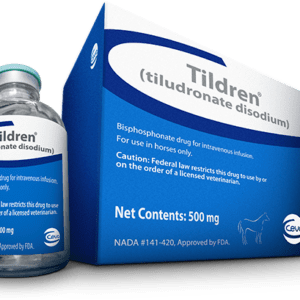

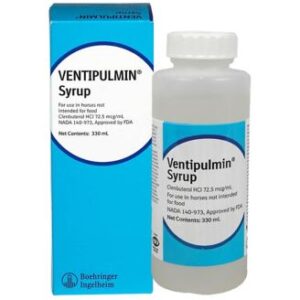
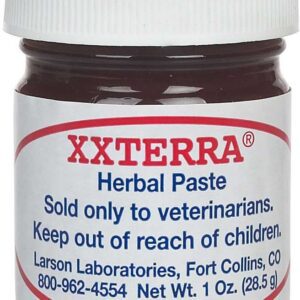
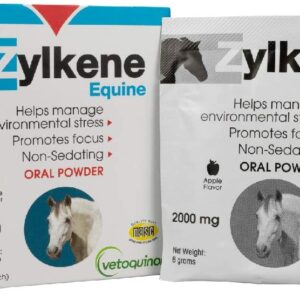
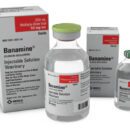
Reviews
There are no reviews yet.